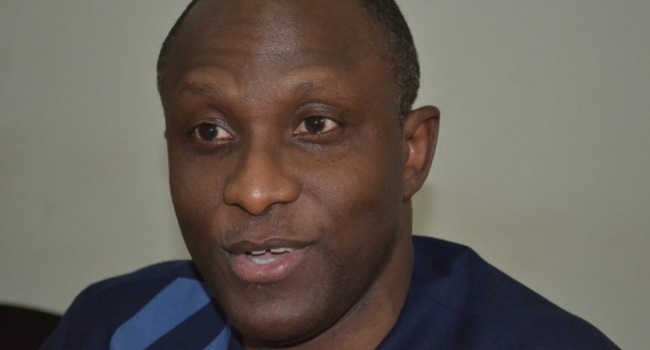News
Ex-Presidential aide, Laolu Akande, slams wage gaps in Nigeria

Former presidential aide, Laolu Akande, has called for the implementation of a measurable and enforceable living wage for Nigerian workers, stressing that remuneration in the country remains inadequate and undermines the dignity of labour.
Speaking on Sunrise Daily, a Channels Television programme aired Friday morning, Akande used the backdrop of this year’s Workers’ Day celebrations to underscore the persistent gaps in Nigeria’s labour system.
“Workers’ Day is not just a celebration,” he said. “It’s a moment to reflect on what is missing in Nigeria’s labour system. We don’t pay good remuneration at all.”
He criticised both public and private sector employers for what he described as a culture of pretense and dishonesty around wage structures.
“Politicians will say the government is doing something. The private sector will pretend to pay decent salaries. Workers also pretend to be well paid. But the truth is, people are poorly paid in this country,” Akande said candidly.
Although President Bola Tinubu approved a new minimum wage of ₦70,000 in 2023 following lengthy negotiations, implementation has remained patchy, with many states and private entities yet to comply.
For Akande, that highlights a systemic issue: the absence of a clear, enforceable standard for what constitutes a dignified wage.
“You have to pay people a true living wage,” he insisted. “It shouldn’t be reduced to a conjecture of whether it’s enough or not. There should be a way to measure what is decent and allows people to live a basic life.”
He praised recent efforts by the federal government to improve the salaries of judicial officers but warned that such efforts must extend to every segment of the workforce.
“What the government is doing to pay judges appropriately is a step forward. But that principle should be trickled down to all workers,” he argued.
As workers across the country renew calls for better pay and improved working conditions, Akande urged the government to place labour welfare at the heart of national policy.
“This is not just about salaries,” he added. “It’s about restoring dignity to the workforce. When people are properly paid and respected, productivity improves, and so does national morale.”
His comments echoed the broader sentiment among Nigerian workers, many of whom continue to struggle under the weight of inflation, rising living costs, and stagnant wages.
Join the conversation
Support Ripples Nigeria, hold up solutions journalism
Balanced, fearless journalism driven by data comes at huge financial costs.
As a media platform, we hold leadership accountable and will not trade the right to press freedom and free speech for a piece of cake.
If you like what we do, and are ready to uphold solutions journalism, kindly donate to the Ripples Nigeria cause.
Your support would help to ensure that citizens and institutions continue to have free access to credible and reliable information for societal development.




























